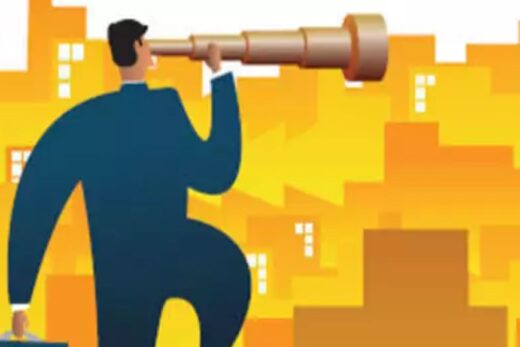Apart from Warren Buffett and Munger, the usual two taking questions, we had two additional voices, vice-chairmen Greg Abel and Ajit Jain, who also took shareholder questions from the dias.
Here are my key takeaways from the two legendary investors this year.
- Difficulty in deciding in times of crisis
As soon as the meeting started, tough questions were put to Mr Buffett about some of Berkshire’s investment decisions in last 12 to 15 months. Despite having a lot of cash, Berkshire was a small seller in equities during the Covid crisis rather than a buyer of equities.
For context, Berkshire has typically taken advantage of past crises like in 2008 in line with Buffett’s oft-repeated advice to buy the fear and sell the greed and to buy securities at depressed prices.
Berkshire this time around sold stocks of airlines and banks at the peak of the Covid crisis. Mr Buffett while accepting that the economy for the most part has turned out to be fine, mentioned that given the information and the environment last year, it was prudent to have behaved the way he did. He mentioned that if Berkshire continued to hold airlines, maybe the airlines would not have gotten a government bailout. Is that true? We will never know.
The learnings here are:-
- It is not easy for even the best investors to know for sure how things will turn out in the future and there is a lot that depends on chance.
- Outcomes and processes are two different things. Just because a decision turns out to be wrong in hindsight in one outcome, it does not mean that the decision was wrong.
Another perplexing action at Berkshire in the last 12 months was the sale of some shares in Apple and Costco, a company loved by Mr Munger. It was mentioned that Mr Munger was not in favour of selling the shares and Mr Buffett said he should listen more to his old friend.
The learning here is that no two individuals, no matter how much alike in thinking, will have the same outlook and decision on an investment all the time. Investing is as much an art, as it is science.
There was a lot of discussions on passive investing and index funds. Mr Buffett’s spouse will be investing in index funds on Mr Buffett’s passing. This was taken by many to be a lack of confidence in Berkshire in the future. There were questions even from long-term shareholders about switching to index funds instead of holding Berkshire shares given the somewhat long stretch in which Berkshire has underperformed the index.
Mr Buffett had earlier mentioned how the current companies on the top do not necessarily remain there and how the existing list of top 30 companies looks very different from those it contained 30 years back. The legendary investor said he has never recommended Berkshire to anyone, and that most investors will do well with index funds.
Mr Munger, however, said he thought that Berkshire would do better than index funds.
The learnings here are that it is very difficult for even accomplished investors like Mr Buffett to beat index funds when the size of the investments becomes very large. The market capitalisation of Berkshire Hathaway, for context, is about $630 billion (Rs 46,62,000 crore.)
Mr Buffett was very upbeat about the economic environment and said that most businesses (with some exceptions like international travel for airlines) were doing extremely well. In his opinion, about 85% of the US economy is going at full steam and that only about 15% of the segments have been impacted adversely.
He mentioned that people have money with them, given the huge fiscal and monetary stimulus and that they are looking to spend. The ‘red hot’ economy is creating upward pricing pressure. The prices that Berkshire pays for inputs have gone up and the price that Berkshire charges its customers has gone up. Clearly, there is inflation at least for now.
Mr Buffett was asked about valuations of the large technology companies and whether they were “crazy high’. Mr Buffett said “We don’t think they are crazy.” He mentioned that companies like Apple, Google, Microsoft, Facebook were generating a lot of cash without requiring too much capex and they were very valuable companies.
Berkshire bought Apple because they could understand its products. He went on to say that if someone thought that the current interest rates will be the same for a long time, these stocks could be bargains.
These companies are gushing cash and you don’t have any bonds that are gushing cash. The US Treasury just borrowed 4 weeks money at 0% interest rates.
The learning here is that equity valuations will depend a lot on where interest rates go from here.
Mr Buffett somewhat dodged a question on crypto-currencies. He gave the example of a governor of a US state, who would dodge difficult questions. He mentioned that his answer is likely to make a lot of people unhappy.
The learning here was the importance of being diplomatic and to pick one’s battles carefully and not to opine on anything and everything under the sun.
Mr Munger, never known to be diplomatic, had no such qualms and said he was disgusted by crypto-currencies and that they were bad for mankind.
(Rajeev Thakkar is the Chief Investment Officer at PPFAS Mutual Fund. Views are his own)



